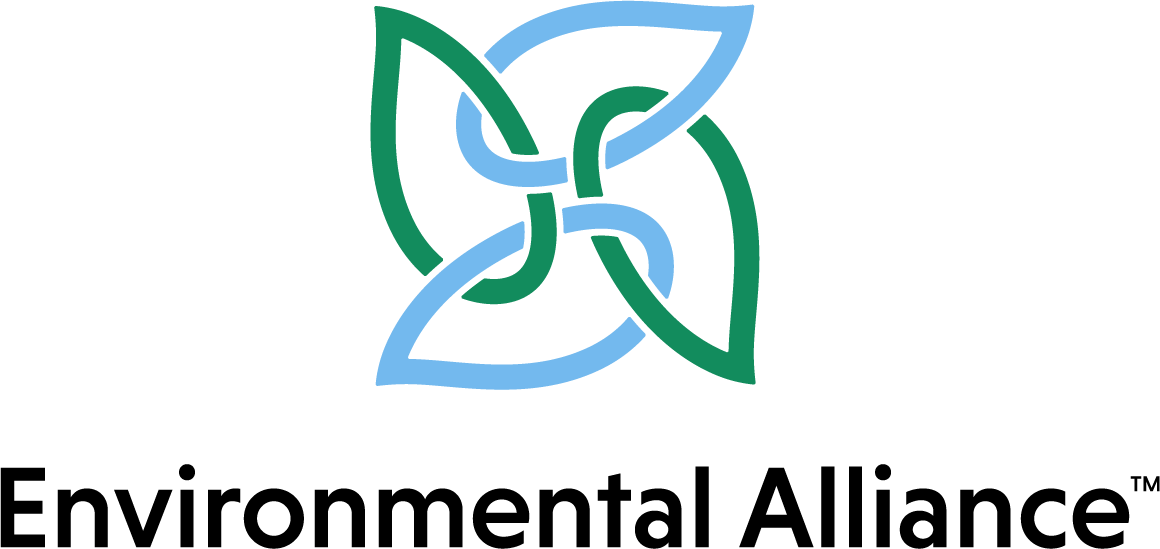WORLD CLIMATE DAY
MARCH 23
WORLD CLIMATE DAY: APPRECIATING HOW IMPORTANT CLIMATE IS
Climate shapes every part of life. It influences the food we grow, the water we drink, the seasons we move through, and the stability of the places we call home. Yet climate change is often described as something distant and abstract, when in reality it affects daily life through heat waves, stronger storms, rising seas, and shifting ecosystems. World Climate Day, recognized each year on March 23, is meant to bring the conversation back to people and place. It is a reminder that climate stability is not guaranteed, and that communities everywhere are already working toward solutions that protect both the environment and each other.
This observance began as part of a global effort to improve climate awareness and highlight how science, policy, and community action intersect. Today it is also a chance to recognize the human stories behind climate data and to encourage collaboration across countries, regions, and neighborhoods. Climate change is not only a scientific issue. It is a shared experience that influences health, safety, and the possibility of a stable future.
WHAT DOES A CLIMATE RESILIENT FUTURE LOOK LIKE?
A climate resilient future is one where people and ecosystems can withstand change without losing their core strengths. That might look like cities designed to stay cooler in the summer through tree planting and reflective roofs. It might look like rural communities supported with resources to adapt their crops or protect their water sources. It also includes strong early warning systems that help families prepare for storms or floods before they arrive.
At its heart, climate resilience is about reducing harm and improving the conditions people depend on. The work ranges from community-scale actions such as restoring wetlands that buffer storms to national policies that cut emissions and redirect public investment into cleaner, healthier infrastructure. A climate resilient world is built from many small decisions and shared commitments. No single action is enough, but together they form the foundation for long term security and environmental wellbeing.
GLOBAL AND LOCAL EFFORTS HELPING THE CLIMATE
On the global level, the Intergovernmental Panel on Climate Change provides scientific assessments that guide decision making. The United Nations Framework Convention on Climate Change coordinates agreements like the Paris Climate Agreement, which sets temperature goals and outlines the collective effort needed to reach them.
Local efforts are also crucial for protecting the Earth’s climate. For example, Miami Dade County has invested in a Climate Adaptation Strategy that includes elevating roads, restoring mangroves, and improving drainage in at risk neighborhoods. In communities across the Midwest, farmers are rebuilding soil health through regenerative practices that store carbon and protect crop resilience. Rebuild by Design helps coastal cities strengthen infrastructure and prepare for future storms. Their work reflects how climate resilience grows through collaboration and shared responsibility.
3 ACTIONS YOU CAN TAKE FOR CLIMATE RESILIENCE
1. Support climate resilience organizations.
Groups like Rebuild by Design, Indigenous Environmental Network, and the Clean Air Task Force drive community resilience, justice focused climate action, and technological solutions. Joining their newsletters or becoming a recurring donor strengthens long term programs.
2. Participate in local climate planning.
Many cities and counties host public workshops about resilience planning or sustainability updates. Attending one helps you understand the decisions shaping your community and ensures local leaders hear from residents who care about climate readiness.
3. Reduce the risks where you live.
Planting native trees, creating shade in heat prone areas, joining a neighborhood emergency preparedness team, or participating in local restoration projects all strengthen resilience close to home.
www.worldclimateday.org
HOW CAN I GET INVOLVED?
Volunteer: Join us in our efforts to promote environmental awareness and sustainability in your community. Whether you have a few hours or a few days to spare, your help is invaluable!
Partner with Us: If you're part of a nonprofit, business, or government organization, consider partnering with the Environmental Alliance for collaborative projects or events. Together, we can make a bigger impact!
Stay Informed: Sign up for our newsletter to receive the latest news, events, and ways to participate in our initiatives.
Attend Events: Participate in our upcoming events and awareness days. Check our calendar for dates and details.
Spread the Word: Share our mission with your network. Follow us on social media and help us raise awareness about environmental issues.

